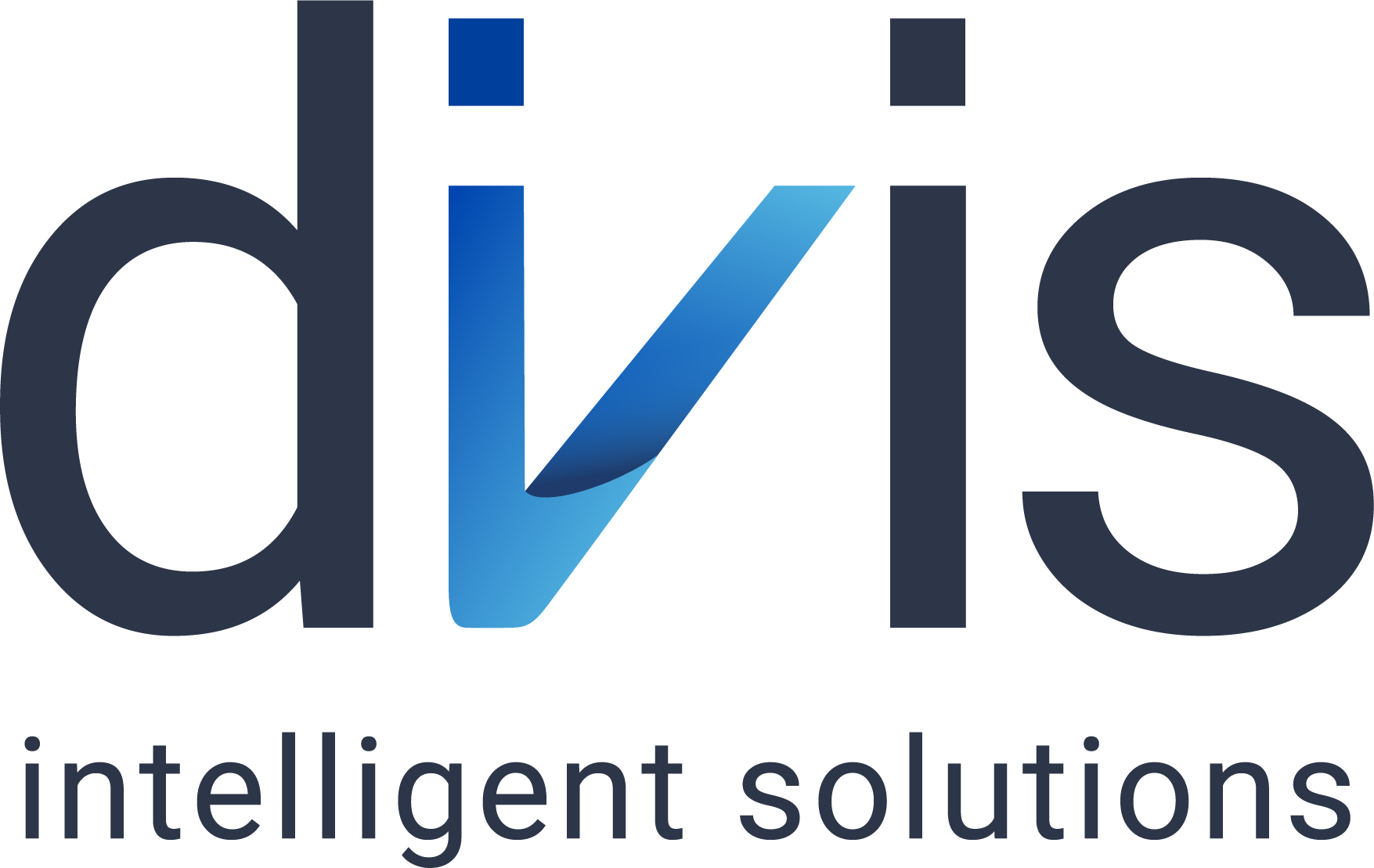Individual solutions
for your company
Stabilization of quality and quantity
Production processes in the chemical industry have to be controlled continuously to guarantee a consistent product quality and quantity. With modern data acquisition systems a large volume of data are already collected, however, most often these data are not used to their full potential.
With our methods of process analysis and optimization, we analyze the data and generate forecast models. These are then used to determine key impact parameters, optimize product quality and reduce process variations.
Stabilization of quality and quantity
Production processes in the chemical industry have to be controlled continuously to guarantee a consistent product quality and quantity. With modern data acquisition systems a large volume of data are already collected, however, most often these data are not used to their full potential.
With our methods of process analysis and optimization, we analyze the data and generate forecast models. These are then used to determine key impact parameters, optimize product quality and reduce process variations.
This provides valuable insights, for example, into:
This provides valuable insights, for example, into:
These applications are not limited to the chemical industry, but are generally applicable to production processes. Through targeted analysis of the process parameters in combination with the corresponding product quality, influencing factors can be identified and the process can be adjusted in an optimal, robust and stable way.
These applications are not limited to the chemical industry, but are generally applicable to production processes. Through targeted analysis of the process parameters in combination with the corresponding product quality, influencing factors can be identified and the process can be adjusted in an optimal, robust and stable way.
Case studies
Case studies
IOI Oleo GmbH, Process optimization, Witten, Germany
Thomas Kummer, COO
»Thanks to the AI-experts of divis, we are now going the crucial step for the optimization of our product. We are very impressed by the results. The cooperation was very pleasant and we experienced the team as highly competent and efficient. We are using this approach also for other products of IOI Oleochemicals and are looking forward to further cooperation. We recommend divis as a competent partner. Next to the professional competence of Thomas Bäck’s team, we are also impressed by their ability to focus on our technical requirements and to employ AI-methods specifically, just as required by the task.«
Beiersdorf AG, Hamburg, Germany
Dr. Thomas Hillemann, Head of Study Coordination
»Our past experience limited our trials to include only familiar ingredients, and the lengthy process of attempting each combination had led us to declare the desired product infeasible after three months of research. However, with divis’ ClearVu Analytics engine, we satisfied all the technical requirements faster than with traditional processes, and now have a new product we will bring to the market.«
Johnson & Johnson GmbH
Dr. Matthias Hauser, Associate Director Scientific Relations
»We are still implementing and evaluating our new model, but clearly we can now predict micro results for new formulations using known components at this time. We will continue to expand our use of the model, but critical to this process is internal data collection. But even this early in the project, we have a better picture of how our materials interact and the effects to the wipe. And we have a set of working rules for our formulators«
Contact
How to contact us
Telephone
+49 231 97 00 340
Address
Joseph-von-Fraunhofer-Straße 20,
44227 Dortmund, Germany
Contact
How to contact us
Telephone
+49 231 97 00 340
Address
Joseph-von-Fraunhofer-Straße 20,
44227 Dortmund, Germany

